|
Moderated By Katrina Moore There’s been a lot of distress in the writing community surrounding agent/author relationships following recent situations that have surfaced. So I wanted to feature a post that provides hope, knowledge, and light. In this “panel” post, I’ve asked four stellar agents four questions. Their thoughtful answers will give you insight into their agenting style, and inspire you to not give up hope on your journey to finding the right agent, even when the light seems dim. Joining our panel are the brilliant, and incredibly inspiring agents: Holly McGhee, Natascha Morris, Ammi-Joan Paquette, and Jennifer March Soloway!
Holly: If there’s one thing I can tell you unequivocally, it’s that there is no typical submission process! Just like life, the journey of a submission is full of surprises, both good and not so good. These days I only accept exclusive queries, and I take my time considering them, usually four weeks. I like to know how an author sees themselves, where they want to go, why they have to write, whether or not they’re capable of putting their best energy into their stories, maybe time and time again. I’d say the best surprise in the query process is when a story comes into my query inbox in perfect condition, and I read it really fast and can call the author up the same day and offer representation immediately. That’s a real joy and hardly ever happens . . . more often I’m excited because I’m moved, or I hear something in the voice, or I just cannot put the manuscript down (even if it’s a big old mess)! From there, once the story is ready, if it’s a debut, I like to do a select multiple submission to editors I know and trust, or sometimes to new editors I’ve met who show the promise of the future. We often know in a week or two if there is interest, but sometimes it can be longer. Once we know there is an offer coming, we’ll let the other editors know that, and ideally have the author speak with or meet everybody who’s interested in publishing the work. Financials are next and ultimately, we weigh the financials and passion for the project together in order to make a decision. Sometimes a publisher will offer pre-emptively, and those cases are hard. It’s tempting to take a pre-empt, but at the same time you’re ruling out all the other possibilities, so you have to feel really sure. Never take a pre-empt because you’re scared no one else will offer. That said, I have seen major deviations from this scenario. One time, an editor was in my office and I showed her half of a picture-book dummy from a client. I’d been trying unsuccessfully to get him to finish it for over a year, so that I could submit it broadly. The editor made a pre-empt right there in my office and we accepted it, not only because the financials were strong, but also because then he would be forced to finish due to a contractual deadline! Natascha: Once a project is ready to go out, I usually research editors. I always ask my clients who their dream editor or imprints would be because this is an exciting part. Once I have the list and pitch together, I send it out, and then keep track on a spreadsheet. Clients usually get the spreadsheet as soon as it goes out. I honestly can’t think of a project that wasn’t handled in this way. Joan: Every project is a little bit different, but typically I submit client projects to editors in batches. This gives us a chance to review the responses we receive and, if the project doesn’t sell immediately, there may be some valuable information in those passes which can help to guide a revision before continuing the submission process. That said, every single project unfolds a little bit differently—it’s an art, not a science! Jennifer: First, I work editorially with my client to revise and polish the project for submission, so we can put our very best foot forward. (Note: This step usually takes more time and drafts than either my client or I first expected.) In the meantime, I compile a list of editors whom I think will enjoy the project, and I write a cover letter and pitch for the project (Note: I write multiple drafts and get feedback from colleagues to get it right before I submit to editors.) Then we submit to editors. My hope is always to receive multiple offers, but that’s not always the case. Agents receive many rejections, too! Every time I get a rejection, I see it as an opportunity to learn more about the market and what works or doesn’t. If I am lucky enough to get feedback, I then have the opportunity to strategize next steps with my client. For example, I might need to rethink my submission list. Or maybe the project would benefit from a round of revision. Or maybe the project needs some key changes to better position it for the market. And in some cases, maybe we need to wait and try selling a different project first. After we regroup and strategize next steps, I try again. In some cases, I’ve sold projects right away, and for other projects, it took me several attempts to find the right editor. At this point in my career, I have yet to deviate from that process. So far, it’s worked well for me.
Holly: I took on a debut YA author a few years ago, which I hardly ever do. Her book was around the theme of suicide, but unlike anything I’d read about suicide. When I read it, even though it needed a ton of work, I knew that the world needed this book badly. Not only that, but it was one of the most beautiful teenage love stories I have ever read. I know that this book will prevent many, many suicides at every age, and I can’t wait to submit it to publishers in the next few weeks. Natascha: Picture books are where this most often happens. I recently signed an author for a quirky picture book that I could never had dreamed I would want. Sometimes we know exactly what we are looking for and sometimes we get hit with projects that are weirdly perfect. Joan: That is just about always the case! When it comes to books and manuscripts, it’s not what you do, it’s how you do it.—You can have the coolest, most original concept in the world, but if you haven’t also crafted a fresh, layered, smartly written and well-rounded story, it won’t be enough. Submissions are also very subjective! What makes one agent or editor wild may leave another unmoved—so do your research, keep polishing, and keep submitting. Jennifer: My favorite picture books tend to be funny books with bright, light-hearted illustrations that also add humor to the story, and I am not usually drawn to sweet picture books. But when I received a picture book dummy about grief, I fell in love with the project. The story followed how a young girl processed the death of a loved one in a way I had never seen before, and the illustrations, painterly and whimsical, also conveyed emotion. I wept as I read the story and immediately contacted the author/illustrator to offer representation. However, as much as I love that project, I would say I still love and prefer funny picture books. If your story can make me laugh out loud after multiple reads out loud (if I like a project, I read it multiple times aloud before contacting the author), I will offer representation.
Holly: I can’t answer this question exactly, but I can tell you about an artist I offered representation to over a decade ago, who didn’t choose me. He seemed like somebody who shared the Pippin sensibility, and who wanted to take risks and do the work necessary, but he went with a Hollywood agency, who doesn’t specialize in books, because they painted a bright future for him in animation and film and took him around town in limousines . . . he forgot for a bit that books were his first love. Then a year or two ago, he wrote to me and said he wanted to see me. I still loved his work and was curious about what he wanted to talk about. He told me he wanted to sign up with Pippin, if we would have him, that he had made some changes in his life and was ready to dig in to the most important project of his life, one that would take many years to finish, and he wanted our company along the way, since we have strong editorial instincts and he needed support with this daring new work. I took one look at the project and I knew that I had to welcome him back . . . we sold it at auction several months later, and he’s about one-third done with it at this time. I also have a hunch that it is going to make an extraordinary Hollywood film, but the book comes first. So, I guess the lesson is to always keep an open mind, and always be willing to take another look if the person comes back for the right reasons. Natascha: I find that there are a lot of similar themes in picture books so sometimes we get familiar feeling projects. I am looking for the fresh take on that. One of my current clients initially sent me a new to school book that just felt like a million takes on the subject, so I naturally passed. The next manuscript she sent showed a much stronger writer and a much fresher story so I moved forward. Bad books happen to good writers, so never give up. Joan: Typically, if an agent wants to see more work from you, they will say so. I do this fairly often, when an author’s voice or writing style feels promising, but I don’t connect with the particular work I am reading. I have signed more than one client in this way; and have been signed that way myself: My agent, Erin Murphy, passed on my own work the first time she read it. The next time we connected, she signed me as a client. And the following year, I also began working with her as an agent ☺ Jennifer: When I say, “no means not yet,” I mean it sincerely. I believe in the power of revision! Two years ago, I met a MG writer at a conference and gave her a critique of her opening pages. I loved her pitch and the sample I read, but she didn’t have a complete manuscript. We stayed in touch, and a year later, she queried me. The story was terrific, but the draft still needed work. I sent her notes and asked her to please consider revising the draft to send to me again. When she did, her story was amazing. I laughed and cried as I read the draft, and I immediately offered representation, as did several more agents. Fortunately, she said yes to me. So, yes, if I offer a revise and resubmit, that means I see potential in the project but feel the draft needs more work. That step is a test for both the author and me: I want to see if the author can revise, and if my feedback inspires the author to produce a better draft. And the author will get a sense of my editorial style and if I would be a good fit for them. Win, win, right? Unfortunately, a lot of writers will rush a revision and send it back to me right away. When they do, it is such a huge disappointment. I was really hoping they’d take their time and send me something I could represent. Please don’t whip out a quickie edit and squander the opportunity. I used to tell writers I didn’t want to hear from them for at least a month, but I’ve realized even a month is not enough time to do a deep, comprehensive edit—especially if an author is a newer, less experienced writer. Take your time. Don’t worry if it feels like you’re taking forever. I want your next draft to be amazing, and I will wait for you!
Holly: Yes. The desire to give the world your best work, along with: Talent, Integrity, Trust, and a really good sense of humor. Natascha: I would say all of my clients have a willingness to work (most authors do), but we really approach this as a team endeavor. One person’s success paves the way for the rest. Having that mindset, and approaching writing in that way, shows that you understand that while this may be your book and you chance, the impression you make reflects on the team. Joan: I wouldn’t say there’s any one commonality, but I do think that the strongest authors who really end up going the distance are the ones who have a real serious commitment to craft. They are always growing, learning, practicing, writing something new, polishing something old. They are constantly growing and evolving as an artist. They are immersed in the world of publishing, they make connections, they are professional and approachable and smart about what they do. If you see this as a career, as a genuine profession, it matters—and it shows! Jennifer: I’m looking for the following qualities:
If I sound like a good fit, please consider querying me. I am actively seeking clients. Wow! That was incredibly insightful and inspiring. Thank you, Holly, Natascha, Joan, and Jennifer, for championing creators and stories that are truly making this world a better, safer, happier place . . . one client and one book at a time!✨ -Katrina  Holly M. McGhee is the founder and President of Pippin Properties, Inc., a boutique literary agency located in the heart of New York City (pippinproperties.com). She is also the author of New York Times bestselling, E. B. White Readaloud Finalist Come with Me, Illustrated by Pascal Lemaitre, as well as the middle-grade novel Matylda, Bright & Tender, a Bank Street and Amazon Best Book of 2017. Her next collaboration with Pascal, titled Listen, will be published in the fall of 2019. You can find out more about her writing at hollymcghee.com, or follow her on twitter or insta @hollymmcghee Holly accepts exclusive queries at: [email protected]. She requires four weeks to consider the work–if you don’t hear from her after that time, it means that regretfully, she is passing on the opportunity to represent you. You can also query the other stellar agents at Pippin Properties, Inc., but no more than one at a time. Guidelines can be found here: https://pippinproperties.com/submissions Follow Pippin on twitter @lovethepippins and on insta @pippinproperties 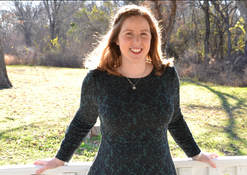 Natascha spent most of her childhood in a leather chair with her nose in a book. Formerly an editorial assistant at Simon & Schuster, her passion for books across genres and her desire to finding amazing talent drove her to make the transition from editorial to literary agent. Her editorial philosophy stems from the idea that all books should be well written and entertaining. Some of her favorite authors include Molly Idle, Sherwood Smith, Ann Rinaldi, Sabaa Tahir, and Meg Cabot. Check out her Pinterest for a quick look at her favorite books. https://www.pinterest.com/nataschamorris/ Natascha is primarily looking for picture book, middle grade and young adult manuscripts across most genres, including contemporary, mysteries, thrillers, fantasy, historical fiction, and narrative non-fiction. She is also looking for artists that speak to her creatively.  Ammi-Joan Paquette is a senior literary agent with Erin Murphy Literary Agency representing many leading children’s and YA authors. She is also the author of many books for young readers, including the magical adventure The Train of Lost Things, the bestselling picture book Ghost in the House, and the Two Truths and a Lie series, co-written with Laurie Ann Thompson. Please note that EMLA is only open to submissions via referral or from attendees of conferences or events at which she is a speaker. Check www.emliterary.com for a list of upcoming appearances!  JENNIFER MARCH SOLOWAY is an associate agent with the Andrea Brown Literary Agency. She represents authors and illustrators of picture book, middle grade, and young adult stories. She enjoys all genres and categories, such as laugh-out-loud picture books and middle-grade adventures, but her sweet spot is young adult. A suspense junkie, she adores action-packed thrillers and mysteries. Throw in a dash of romance, and she’s hooked! But as much as she loves a good thriller, she finds her favorite novels are literary stories about ordinary teens focused on family, relationships, sexuality, mental illness, or addiction. Regardless of genre, she is actively seeking fresh new voices and perspectives underrepresented in literature. Jennifer is actively building her client list and welcomes queries to [email protected]. To learn more about Jennifer, follow her on Twitter, @marchsoloway, and find her full wish list at www.andreabrownlit.com.
8 Comments
Rita Russell
10/10/2018 08:53:31 pm
What a great post, Katrina! Fantastic questions and insightful responses. Thanks for taking the time to help your fellow writers learn more about the publishing biz from the agent's point of view.
Reply
10/11/2018 11:49:58 am
Thank you, Rita! I'm so glad it was helpful to you. This is a tough business so I'm all about helping when I can. And about learning!
Reply
Sheri Rad
10/11/2018 02:57:39 pm
Thank you for talking to these wonderful agents and getting some perspective of what they look for and how they look at projects.
Reply
11/4/2018 03:17:42 pm
My pleasure, Sheri! I agree. They shared SUCH great perspective :-)
Reply
Lisa Furness
10/13/2018 08:41:59 am
This post is just what I needed this week Katrina, after a big pass and champagne rejection from my dream agent. I've submitted projects to both Natascha and Jennifer, but they also passed. I'm inspired by JMS "No means not yet." I'll keep at this writing journey because I find much joy with the process of creating a story from start to finish and hope someday my work will find it's way to the right agent at the right time.
Reply
11/4/2018 03:18:46 pm
Keep at it Lisa! You WILL find the right agent to champion your work :-)
Reply
Patty Bovie
10/14/2018 06:56:54 am
This was incredibly helpful and a really honest blog that offered unique insight. So many of these blogs ask the same types of questions and you really dug in and asked questions that can really help us aspiring authors! Thank you.
Reply
11/4/2018 03:20:15 pm
My pleasure Patty! Thanks for saying that, too. That's what I was trying to do. I thought of the questions I really wanted to know when querying and what isn't often shared. Happy writing! :-)
Reply
Leave a Reply. |
AuthorKatrina Moore is an author and former elementary educator. She writes in Georgia. where her mission is to create books that children will hug for ages. She's the author of ONE HUG, GRANDPA GRUMPS, SOMETIMES LOVE, GRUMPY NEW YEAR, HOPE IS A HOP, and the forthcoming CHANG'E ON THE MOON (HarperCollins, 2024), and THE STAR IN YOU. (RBP/Macmillan, 2024), as well as the humorous TEENY HOUDINI chapter book series, starring the magic-loving, mischief-making Bessie Lee, and more. Connect with her on twitter! Freelance EditorKatrina has professionally critiqued over hundreds of picture book manuscripts at writing conferences she has presented at, through her work as a council member, mentor, and presenter for the Rutgers One-on-One-Plus conference, as a Critique Ninja, and through her freelance editing services. Her editorial work and services, attention to detail, and ability to bring manuscripts to the “next level” have been highly praised by editors, agents, published authors, and those receiving critiques. For more details, and to inquire about rates, contact Katrina.
Archives
November 2023
Categories
All
|
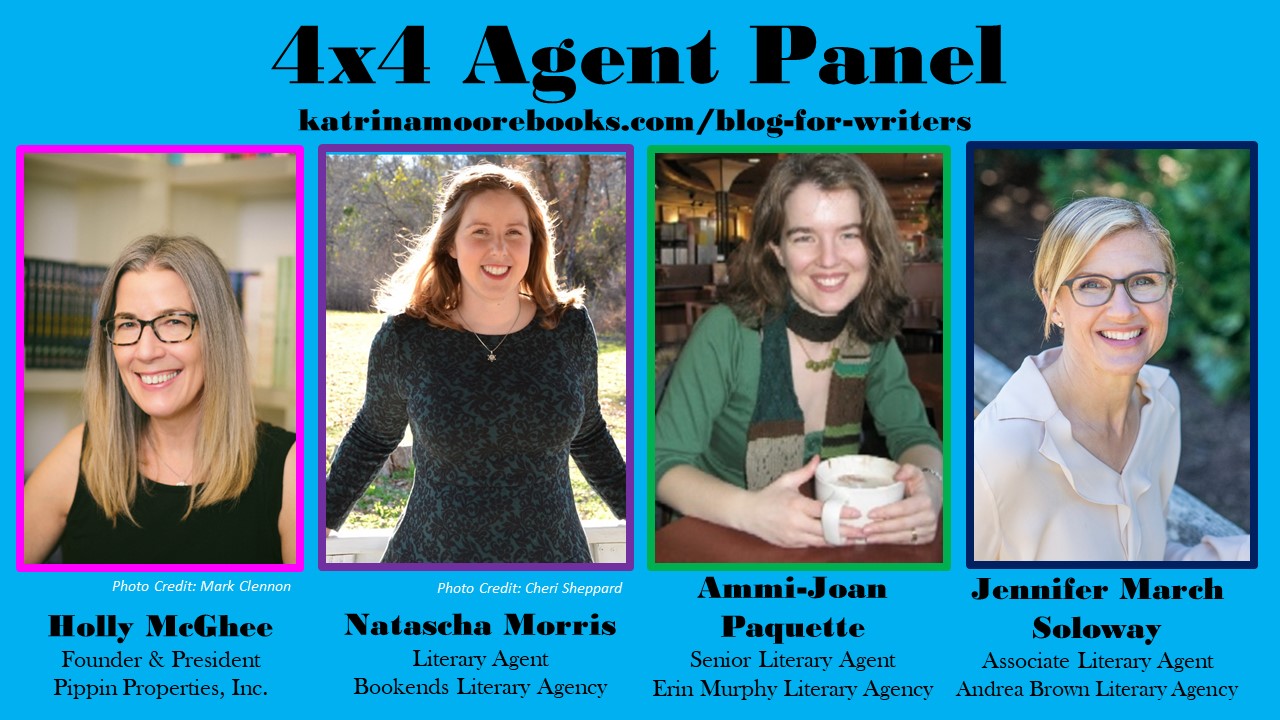
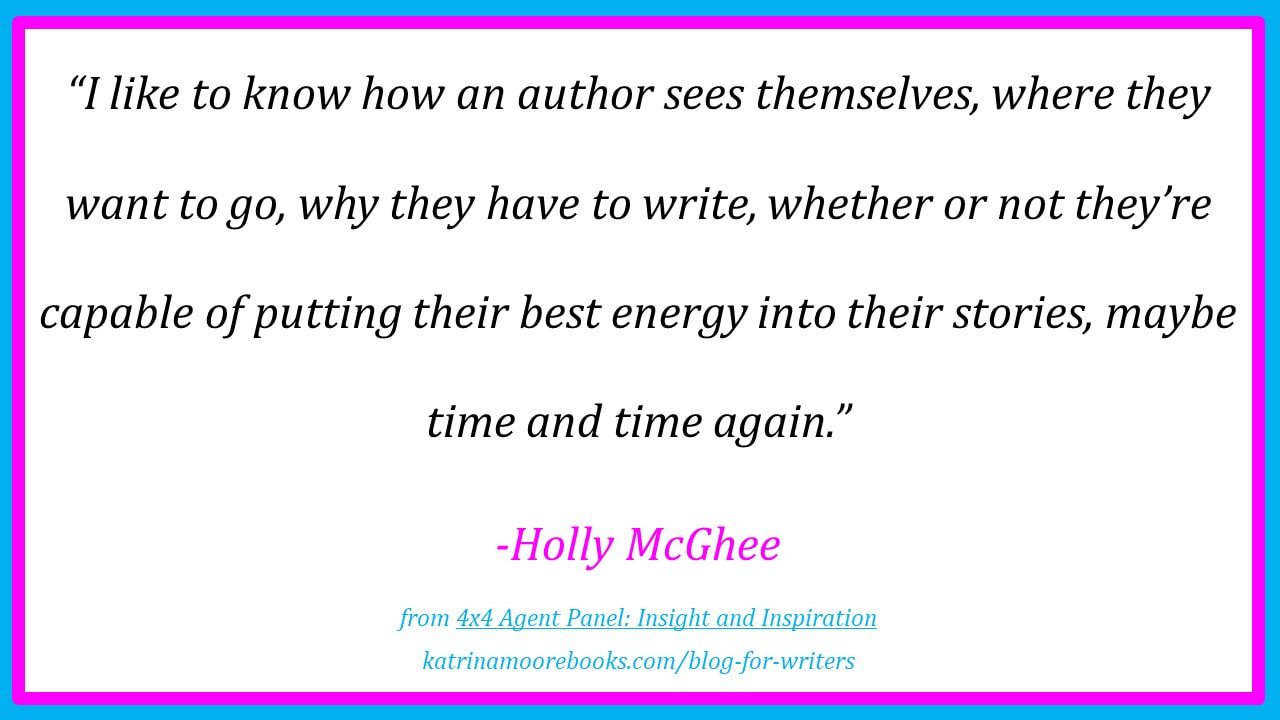
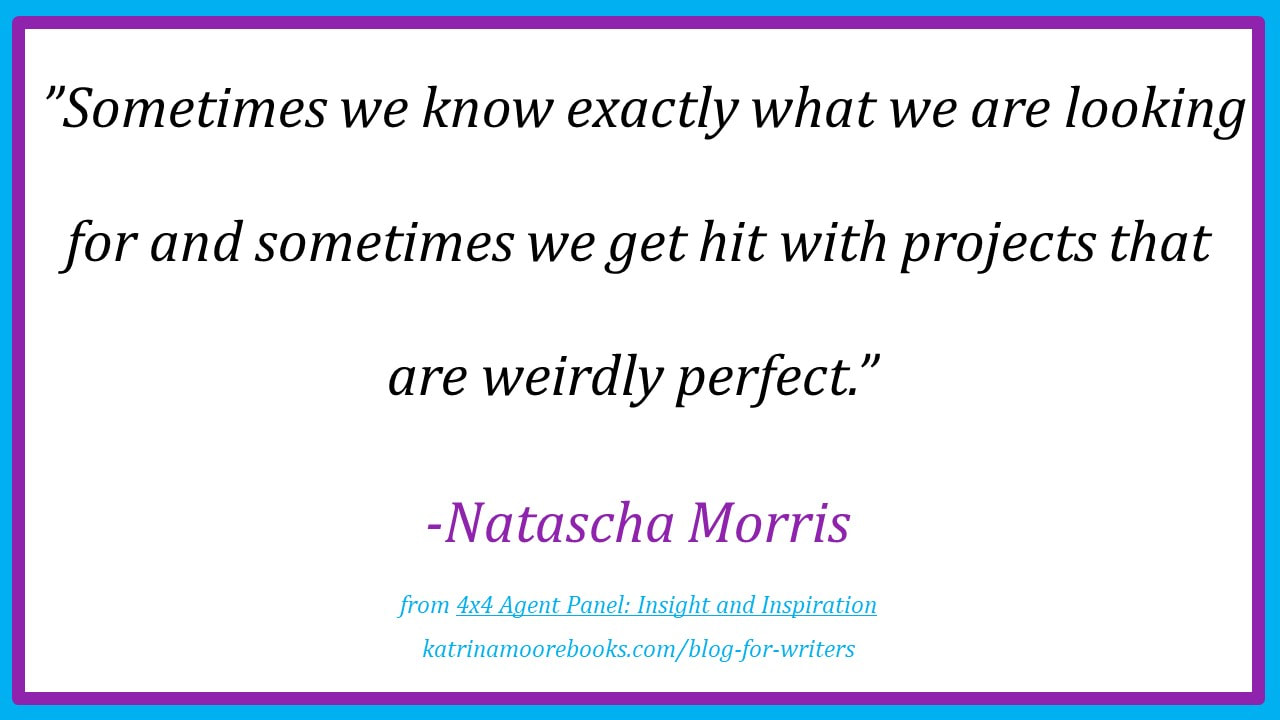
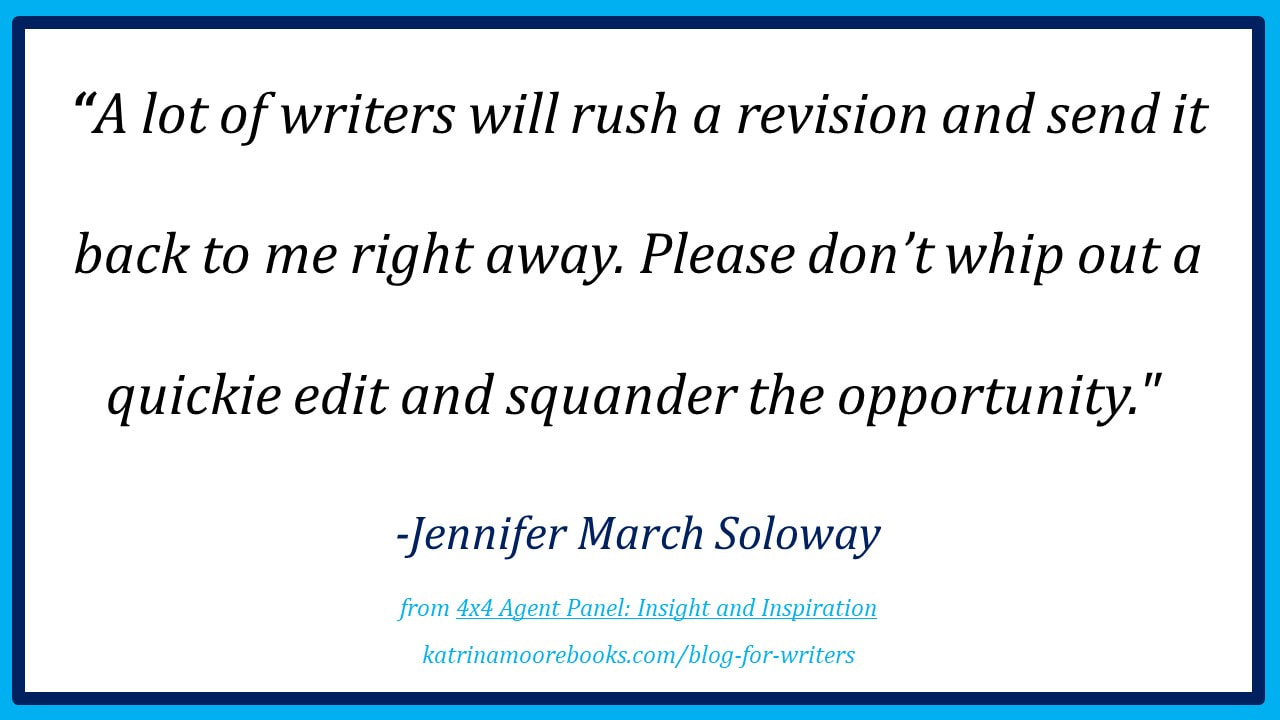
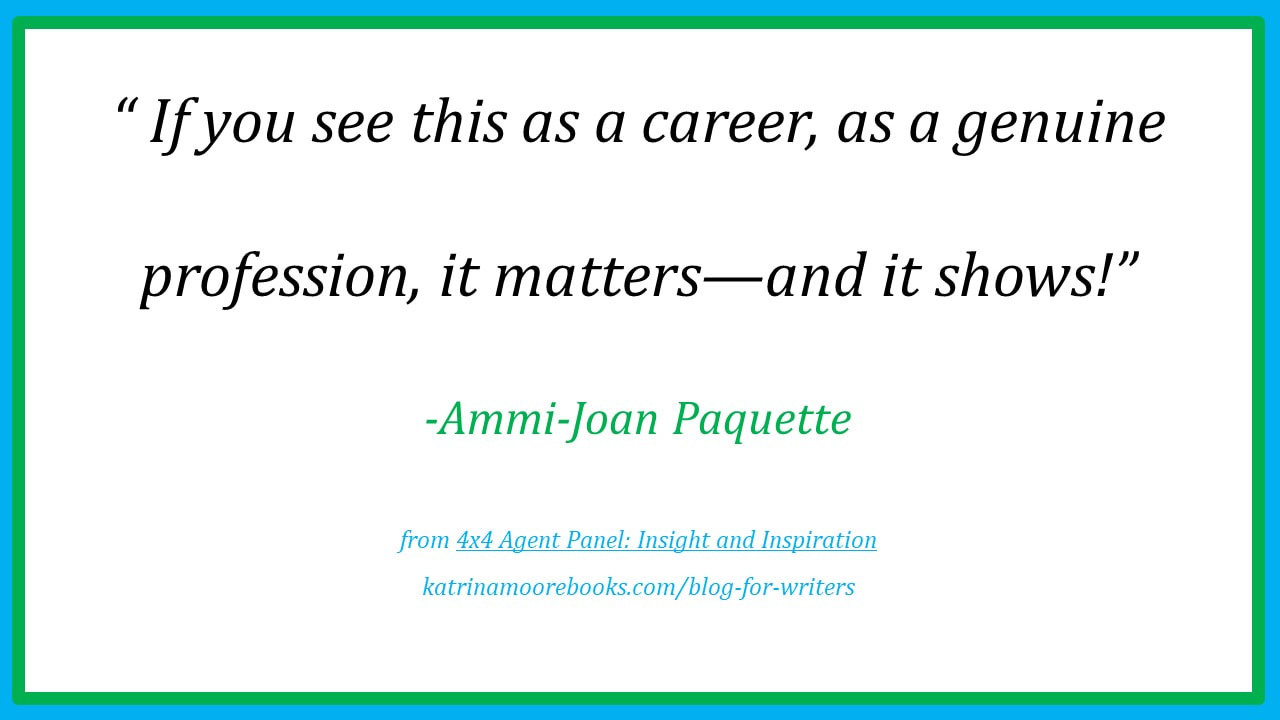
 RSS Feed
RSS Feed